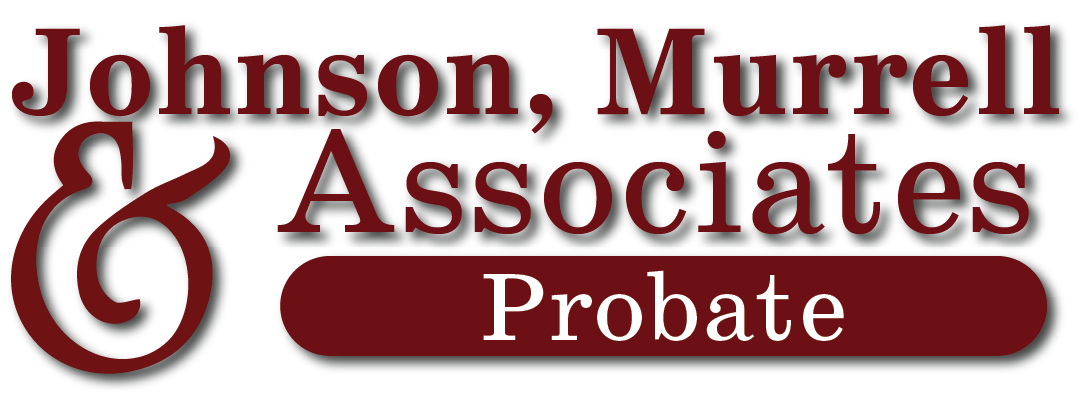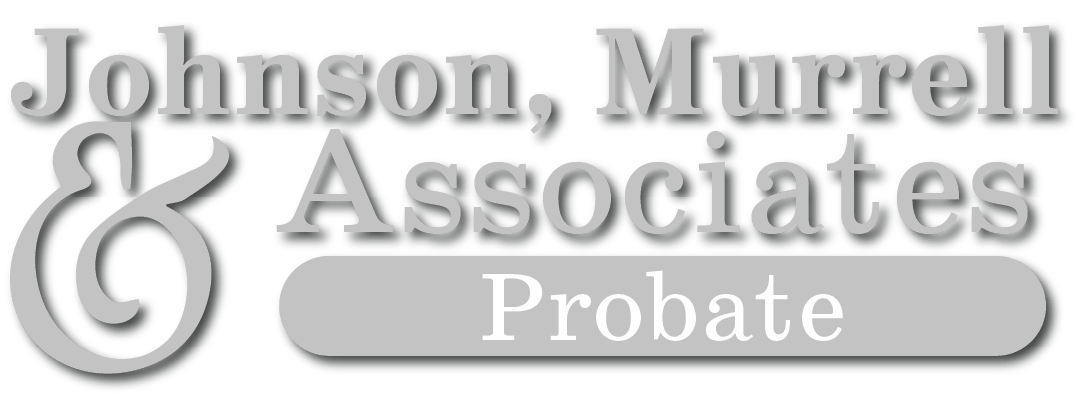From filing the death certificate to distributing assets, probate carries a lot of responsibility. Some people look to trusts as a way to simplify the process, but they may still wonder, “Does a trust have to go through probate court?” While a trust can be a way to avoid probate court, there are some intricacies involved with creating and managing trusts effectively.
Trusts don’t have to go through probate court in many cases. Legal agreements such as revocable and irrevocable trusts transfer assets so they can avoid this process. They do this by transferring ownership to a separate legal entity, allowing for more privacy and control. After your passing, your assets are distributed much like with a traditional will.
Of course, if any assets aren’t transferred to a trust, they’d still need to be probated. Here’s what you should know.
Does a Trust Have To Go Through Probate Court in Tennessee?
Certain types of trusts don’t have to go through probate court in Tennessee. While a small estate valued at less than $50,000 can avoid the probate process, most estates involving land transfer are subject to probate court. Trusts avoid probate based on the type that’s used and the circumstances in which they are created.
Learn when probate is required in the state of Tennessee.
Trusts That Can Avoid Probate
There are two main types of trusts that can avoid probate in Tennessee:
- Revocable living trusts
- Irrevocable trusts
Revocable living trusts are the most popular option. They allow you to transfer your assets into the trust during your lifetime while still maintaining control over them. After your death, the assets in a revocable living trust can be distributed to your named beneficiaries without having to go through the probate process.
As with a revocable trust, irrevocable trusts are the transfer of assets to the trust that becomes their legal owner. Since you’re no longer the owner, they are no longer required to go through probate. A major difference between revocable and irrevocable trusts is that the latter can’t be altered without a court order or agreement from beneficiaries — these alterations are sometimes known as “decanting” the trust.
There are instances where trusts may still have to go through probate. In some cases, the validity of the trust may be disputed and require probate court to settle the matter. In others, it may be due to assets not being transferred to the trust while the creator (grantor) was still alive. If this occurs, the assets not included in the trust will have to go through probate. Financial institutions requesting the “executor or personal representative” will also want probate opened.
What are Trust Assets?
Trusts can hold and manage many different types of assets. This can include:
- Cash and bank accounts
- Real estate
- Investments
- Life insurance policies
- Business interests
Your retirement account can also be included in a trust. However, you will need to designate the trust as the beneficiary for the transfer to be completed correctly.

How Does a Trust Avoid Probate?
Other reasons include:
The purpose of trusts is to manage and distribute assets outside of the probate process. One of the main reasons you can avoid probate with a trust is that they transfer the legal ownership of assets to a separate legal entity. The assets are then entrusted to a trustee who manages them according to the instructions laid out in the trust document.
- Private and efficient distribution
- Flexibility and control
When you create a trust, you receive more private and efficient distribution than with the traditional court process. Probate is usually a matter of public record, but the details and terms of a trust can be kept private. This can also streamline the distribution process and allow the beneficiaries to receive the assets in the trust.
You also gain more flexibility and control when you set up a trust. They allow you to have more control over how the assets held in the trust are managed and distributed. As the grantor, you can give specific details in the trust document on when and how your assets are distributed.
It’s important to understand that administrative tasks may still be required despite being able to bypass probate. This may include:
- Transferring assets to the trust
- Filing tax returns
- Updating beneficiary designations

That’s why it’s always best to talk to an attorney about the estate planning process. They can help you navigate the specific laws and regulations in Tennessee. This helps ensure that your estate plan is able to fulfill your final wishes.
Another reason to speak to a lawyer are cases where people have more assets than they realize. In situations like these, it’s easy to miss some of them in the trust planning process. Don’t wait until it’s too late to find that out, make sure to work with an attorney if your goal is to avoid probate.
Learn more about the estate planning services that we offer.
How Are Trust Assets Distributed to Beneficiaries After Death?
With a traditional will, assets are distributed to beneficiaries after a person has passed away following probate. This process should be straightforward enough with the deceased having already decided who received which assets.
The process is similar for revocable living trusts. When a person passes away, the assets are distributed based on the instructions laid out in their trust agreement. An irrevocable trust works similarly. In this case, the trustee who manages the trust distributes assets to heirs based on the instructions left in the trust.
Are you interested in creating a trust for your assets? Contact us today to schedule your free consultation!
You can avoid probate court in most cases by creating a trust. These legal agreements transfer your property to a separate legal entity, allowing your assets to bypass the probate process after your passing. Trusts allow for more privacy as well as control or flexibility depending on the type you choose. Assets are then distributed much like a traditional will after you have passed away.
At Johnson, Murrell, & Associates, we understand that handling a loved one’s estate and bills after their passing is an emotional, stressful experience. Our job is to make your life easier, which means guiding you through the process so you understand what’s to come. To schedule a consultation, call us at 865-453-9943 or schedule an appointment.



